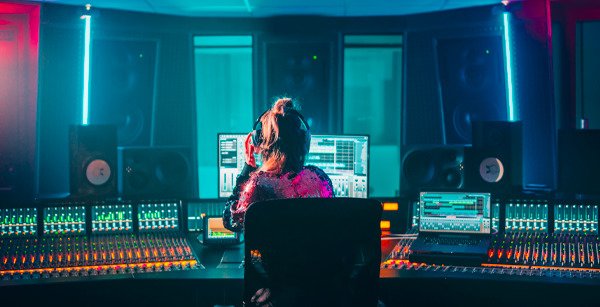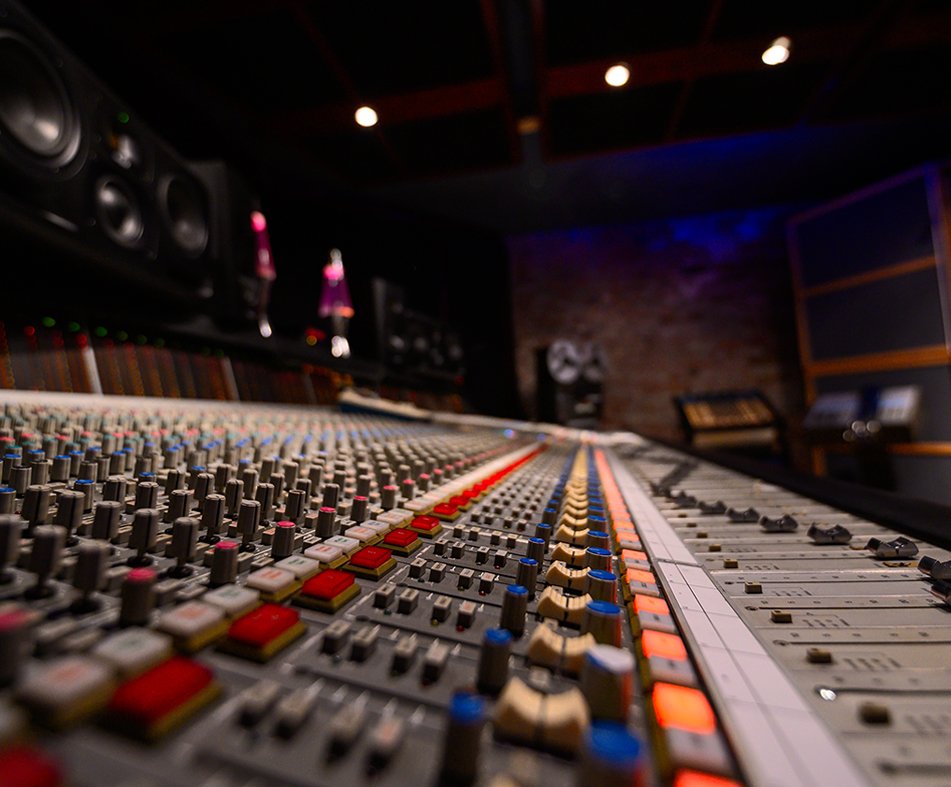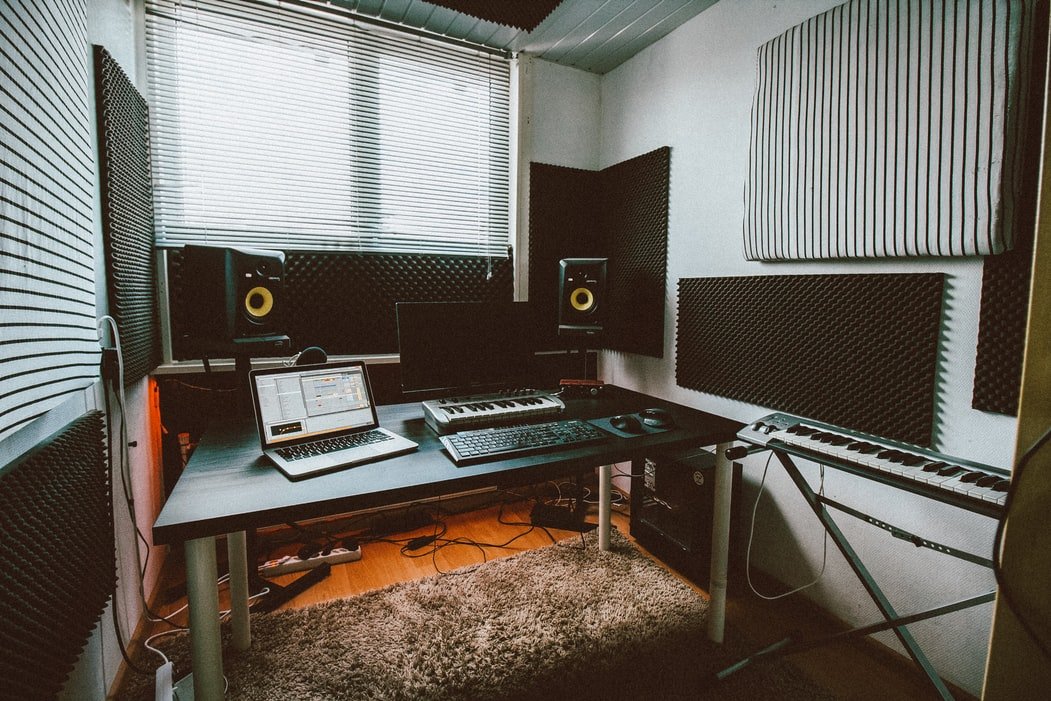What is the Difference Between a Music Producer and an Audio Engineer?
Introduction
The world of music production is rich and multifaceted, involving various professionals who bring music to life. Among them, the roles of a music producer and an audio engineer are pivotal yet often misunderstood. While both are essential in the process of recording and producing music, their roles, responsibilities, and skills differ significantly. This comprehensive blog post aims to demystify these two roles, highlighting the differences and intersections of music producers and audio engineers.
Defining the Roles
What is a Music Producer?
A music producer is often likened to a film director. Their primary role is to oversee and manage the recording and production of a music track or album. They are responsible for the overall vision and direction of a project, working closely with artists and musicians to shape the sound and style of the music. Music producers are involved in everything from song selection and arrangement to guiding the artistic and technical aspects of a recording session.
What is an Audio Engineer?
An audio engineer, on the other hand, is more like a technician or a craftsman who works with the technical aspects of sound during the recording, mixing, and mastering phases. They are experts in manipulating sound using various tools and techniques to ensure that the final product is sonically excellent. Audio engineers focus on the nuts and bolts of recording—setting up microphones, adjusting levels, mixing tracks, and applying effects to achieve the desired sound quality.
Key Responsibilities
Responsibilities of a Music Producer
Vision and Direction: Crafting the overall concept and direction of a music project.
Collaboration: Working closely with artists to develop their sound and style.
Arrangement: Deciding the structure and arrangement of songs.
Talent Scouting: Often involved in discovering and nurturing new talent.
Decision Making: Making final decisions on various aspects of a music track, from lyrics to melodies.
Responsibilities of an Audio Engineer
Sound Recording: Setting up and operating recording equipment.
Mixing: Balancing and adjusting sound sources using equalization and audio effects.
Mastering: Finalizing the audio for distribution, ensuring consistency across tracks.
Troubleshooting: Resolving technical issues during the recording process.
Acoustic Engineering: Managing the acoustics of the recording space for optimal sound.
Skill Sets
Skills Required for a Music Producer
Musical Expertise: A deep understanding of music theory, genres, and trends.
Creative Vision: The ability to conceptualize and guide the creative direction of a project.
Leadership and Collaboration: Leading a team and collaborating effectively with artists and technicians.
Project Management: Managing timelines, budgets, and logistics of a music production.
Adaptability: Being versatile to adapt to different artists' styles and industry changes.
Skills Required for an Audio Engineer
Technical Proficiency: Expertise in sound engineering, recording equipment, and software.
Attention to Detail: A keen ear for detail to identify and correct sound imperfections.
Problem-Solving: Quick thinking to troubleshoot and resolve technical issues.
Acoustic Knowledge: Understanding of acoustics to optimize sound quality in different environments.
Communication: Effective communication to translate technical language for artists and producers.
Tools and Technologies
Tools Used by Music Producers
Digital Audio Workstations (DAWs): Software for recording, editing, and producing audio files.
MIDI Controllers: Instruments to control virtual instruments and software.
Sampling and Synthesis Tools: For creating and manipulating sounds.
Virtual Plugins: For effects and sound processing.
Tools Used by Audio Engineers
Mixing Consoles: Hardware for combining and manipulating audio signals.
Microphones and Preamps: For capturing high-quality audio recordings.
Monitors and Headphones: For accurate sound reproduction.
Acoustic Treatment: To optimize the recording environment.
The Creative Process
The Role of a Music Producer in the Creative Process
A music producer is instrumental in shaping the artistic vision. They work closely with artists to develop ideas, choose the right sounds, and refine performances. The producer is involved from the conceptual phase to the final touches, ensuring that the end product aligns with the original vision.
The Role of an Audio Engineer in the Creative Process
The audio engineer plays a critical role in realizing the producer's vision. They focus on the technical aspects of recording, such as mic placement, sound levels, and audio editing, to ensure the highest quality recording. Their work is pivotal in bringing clarity, balance, and polish to the final product.
Collaboration and Interaction
The interaction between music producers and audio engineers is a dance of creativity and technicality. Producers rely on engineers to translate their vision into a tangible product, while engineers need the guidance of producers to understand the broader artistic goal. Effective collaboration between these two roles is essential for the success of any music project.
Career Paths and Industry Outlook
Career Paths
Music producers often come from various backgrounds, including musicianship, songwriting, or even business. Audio engineers typically have more technical training, with many having formal education in sound engineering or related fields.
Industry Outlook
The music industry continues to evolve with technology. Both roles are adapting, with producers and engineers needing to stay abreast of the latest digital trends, software, and production techniques.
Conclusion
While both music producers and audio engineers are essential in the music-making process, their roles are distinct yet complementary. A music producer is the visionary, guiding the artistic direction of a project, while an audio engineer is the technical wizard, ensuring the highest quality of sound. Understanding these differences is crucial for anyone aspiring to enter the world of music production.






